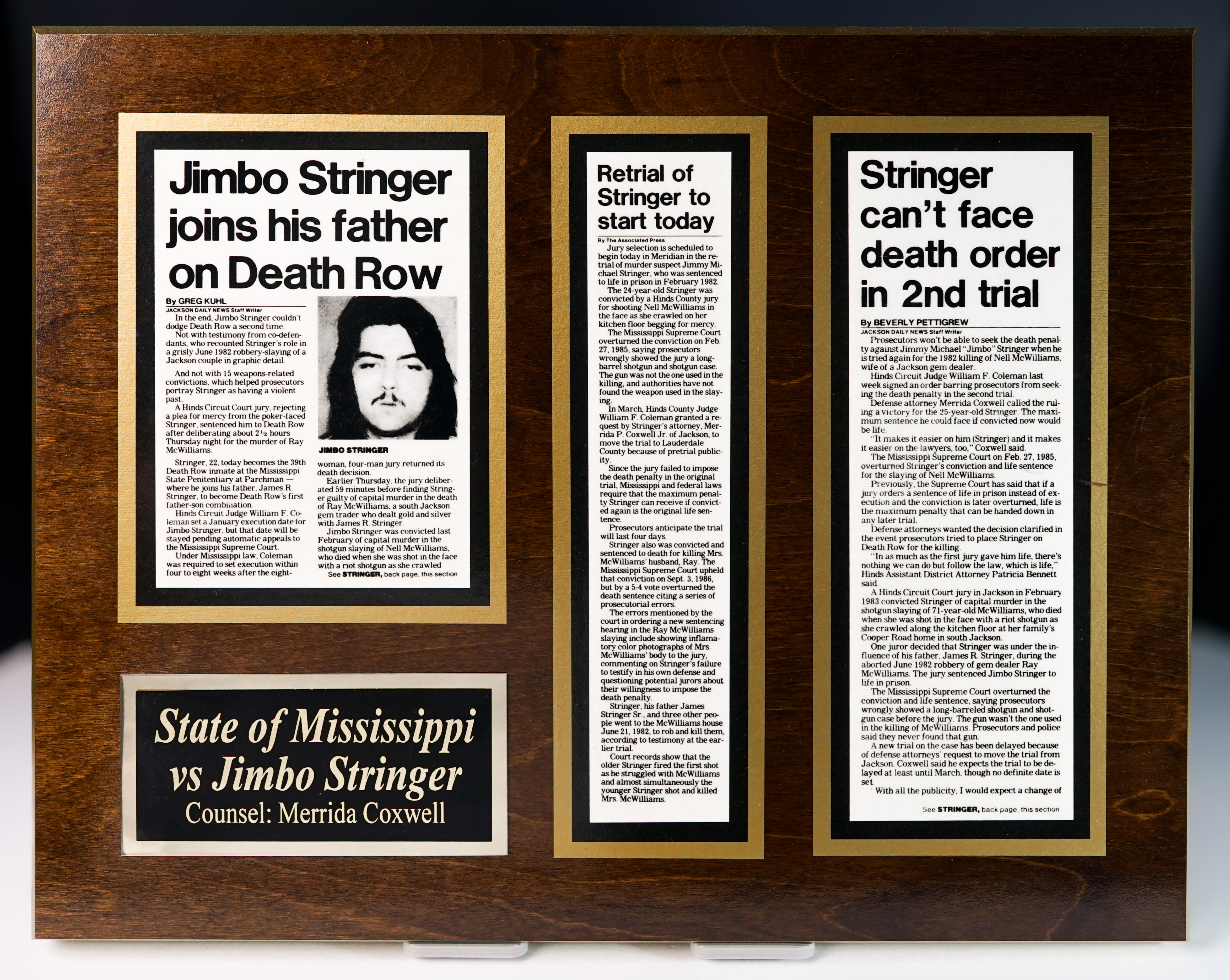Many well-known writers and artists either grew up in or around Hancock County or chose to move to the county. John F. H. Claiborne spent most of his adult life in Bay St. Louis, writing a number of works on the history of the state. Eliza Jane Poitevant, known to her readers as Pearl Rivers, grew up in Pearlington before becoming a well-known journalist in New Orleans. By the early 1960s, Hancock County boasted a population of more than 14,000. The county continued to have a growing manufacturing sector and a shrinking agricultural sector.
Hurricanes Camille and Katrina both wreaked severe damage in Hancock County; in 1969 Camille made landfall near Bay St. Louis, with winds gusting up to 200 mph. Although damaged buildings were rebuilt, Hurricane Katrina took many of the same buildings out thirty-six years later, killing fifty-one people in Hancock County, and destroying all buildings near the beach in Waveland, Pearlington and Bay St. Louis. Following Hurricane Katrina, a group of “hippies,” called the Rainbow Family arrived in Hancock County, operating the New Waveland Café and Clinic in the parking lot of Fred’s Department Store.
The café’ provided free hot meals, and the clinic was staffed by volunteer doctors and nurses who saw more than 5000 patients in the three months the New Waveland Café and Clinic were set up. Businesses in the area became operational as quickly as possible; the Waveland Wal-Mart operated out of a tent following Katrina, while other businesses donated their foodstuffs to survivors rather than allow them to spoil. Today, the presence of fresh seafood, tourism, and ethnic diversity have contributed to a unique economy as well as a unique cuisine in Hancock County.
Hancock County Justice Court
The Hancock County Justice Court is located at 8450 Highway 90, Bay St. Louis, MS, at the Hancock County Public Safety Complex. The hours of the Hancock Justice Court are Monday through Friday from 8:00 a.m. to 5:00 p.m. The Hancock Justice Court hears civil actions under $3,500, criminal misdemeanor charges, citations from the Mississippi Highway Patrol and the Sheriff’s Department and deals with evictions, MDOT citations and Fish and Wildlife citations, as well as performing marriage ceremonies. Criminal Court is held on the first three Tuesdays of every month, while Civil Court is held every Thursday. The Judges of Hancock County include the Honorable Judge Desmond Hoda, Honorable Judge Tommy Carver, and Honorable Judge James Lagasse.
Felonies and Misdemeanors in the State of Mississippi
If you are charged with a felony in the state of Mississippi, you will face specific penalties for the offense. Unlike many other states, the state of Mississippi does not classify felony or misdemeanor offenses by degree, rather states each offense individually, along with the penalties. In some cases, whether an offense will be charged as a felony or a misdemeanor will depend on whether the person being charged has prior convictions, the circumstances surrounding the crime, and whether there were any aggravating factors.
A felony is a much more serious offense than a misdemeanor, and crimes against other human beings are usually felonies, with the exception of simple assault. While a first-time DUI is a misdemeanor offense, a third DUI could be charged as a felony. Because the penalties for felonies are so much more severe than those for misdemeanors, it is important to have an experienced Mississippi criminal defense attorney working hard on your behalf to have felony charges reduced to misdemeanor charges whenever possible. If it is not possible to have the charges reduced, your Mississippi criminal defense attorney will fight aggressively to have your penalties reduced.
A felony in the state can bring from one year to life in the Mississippi State Penitentiary. A capital crime—treason, airplane hijacking or capital murder—can result in life in prison or the death penalty. Misdemeanor offenses, on the other hand, have a maximum penalty of $1,000 in fines and up to 364 days in county or city jail. In many cases, the judge will not sentence an offender to jail for a misdemeanor offense, rather may order community service, drug and alcohol assessment, and treatment for a drug or alcohol offense, probation, or other lesser penalties.
A felony offense not only brings penalties from the court, but it may also result in far-reaching consequences, such as difficulty obtaining employment, which can potentially last a lifetime. If you are charged with a Mississippi felony or misdemeanor offense, it is extremely important that you speak to a knowledgeable Mississippi criminal defense attorney as quickly as possible.













